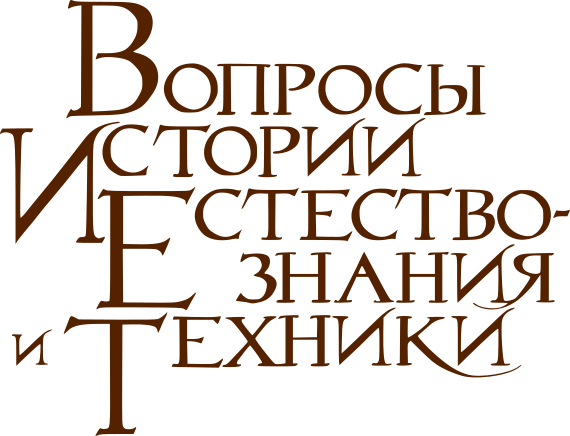This essay examines the role of paradoxes in the formation of cosmology as a science. It considers the following: the cosmologi-cal paradox of Plato (whether the planets moved in circular and uniform movements or in retrograde motion), the paradox of Aristarchus of Samos and, later, Nicolai Copernicus (whether the Earth or the Sun constituted the center of the cosmos), and the paradoxes of Newton's cosmology (the photometric and gravitational paradoxes). Throughout the entire history of European cosmology, such paradoxes-the contradictions between observed data and theoretical schemes-have shaped the development of cosmological thinking. They could be overcome either by the establishment of novel, more realistic and effective theories, or with the help of a mechanism of «absorption» of contradictions by an old theory at the cost of still greater complexities.

Comments
No posts found